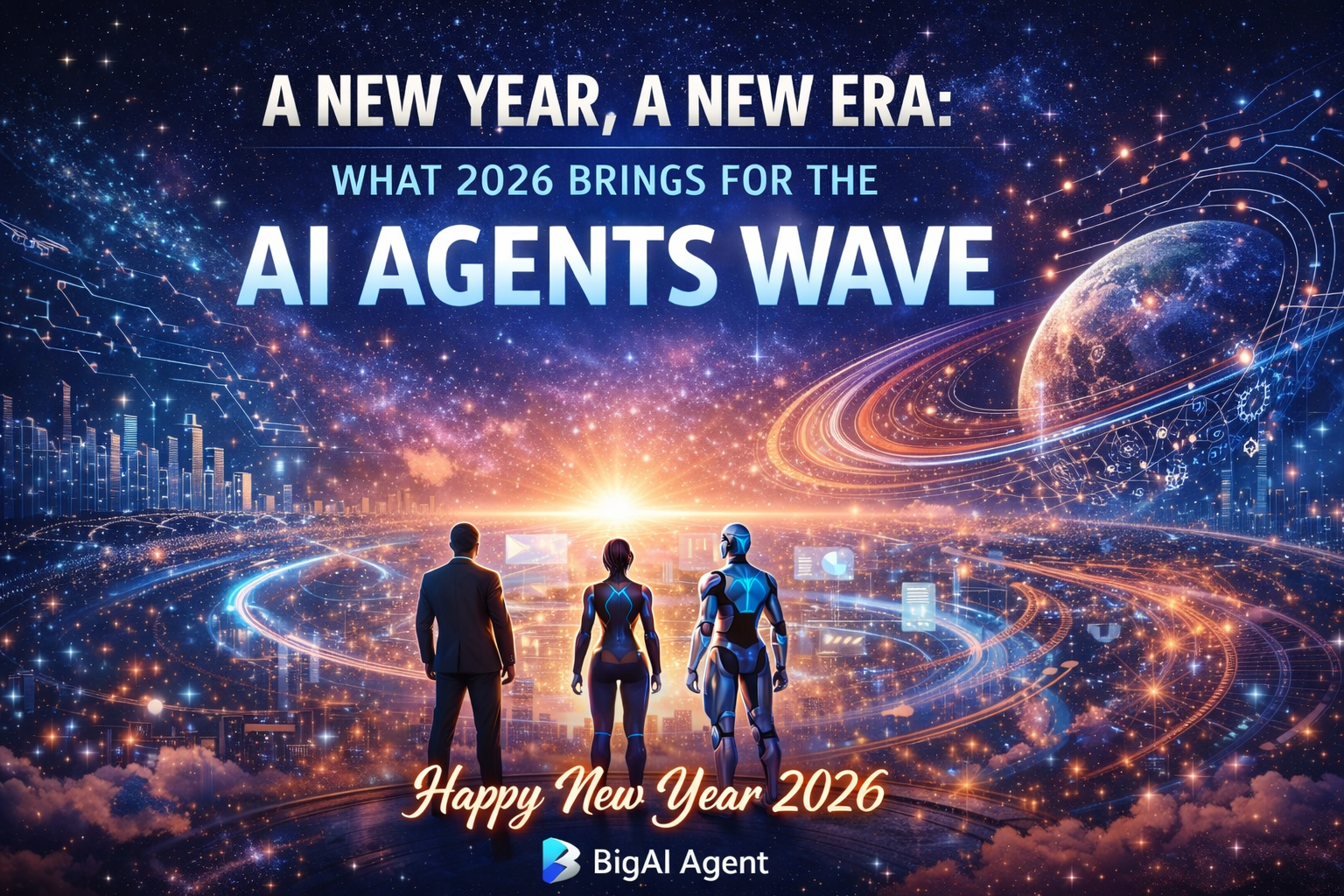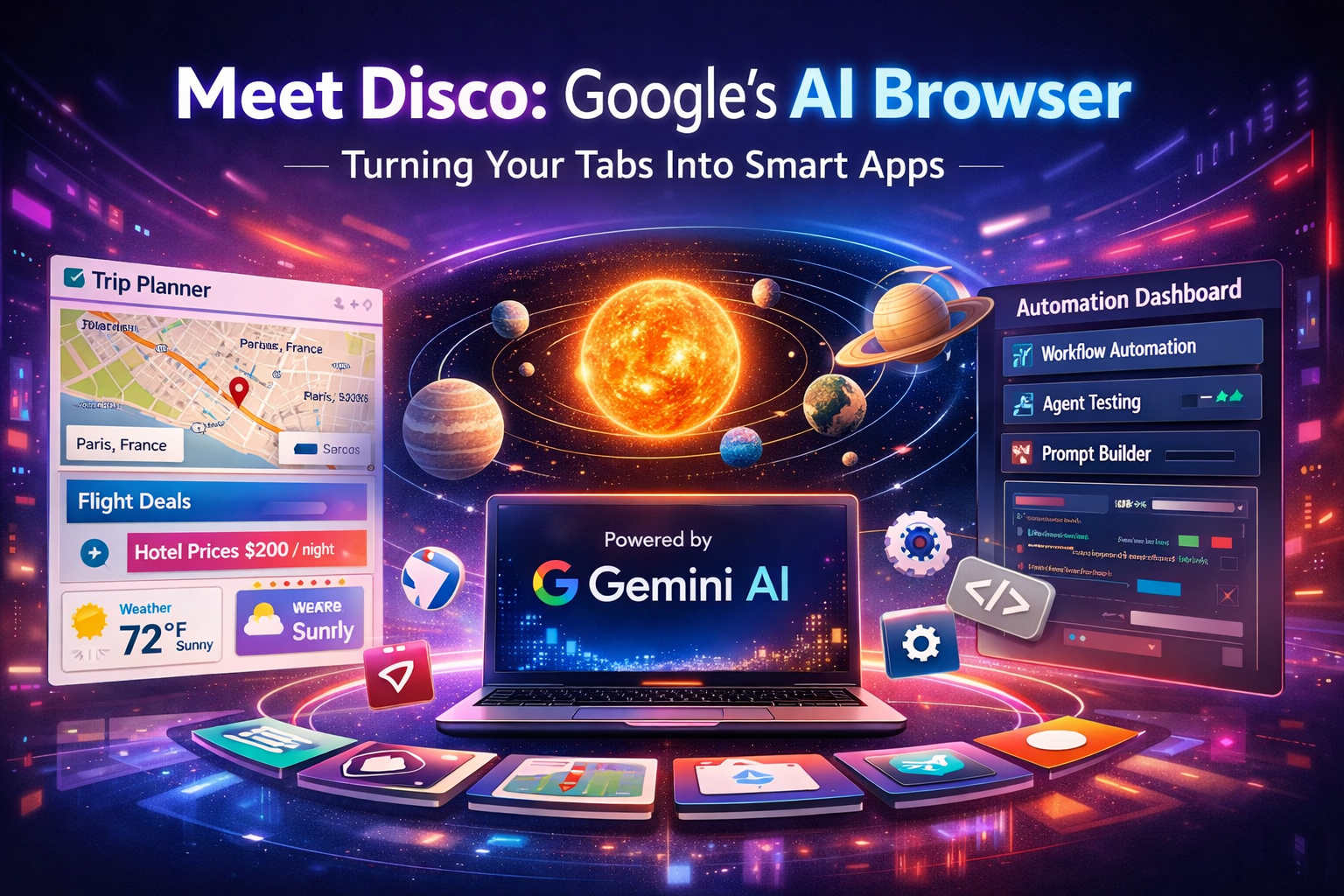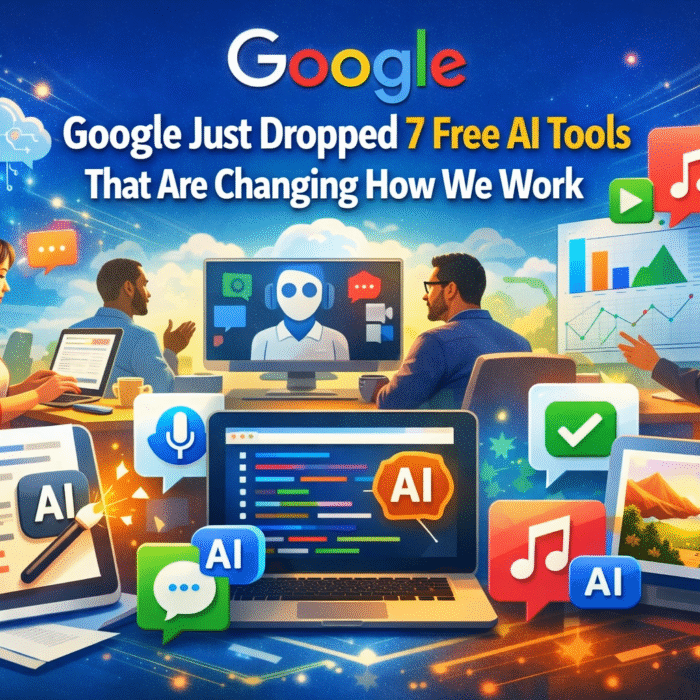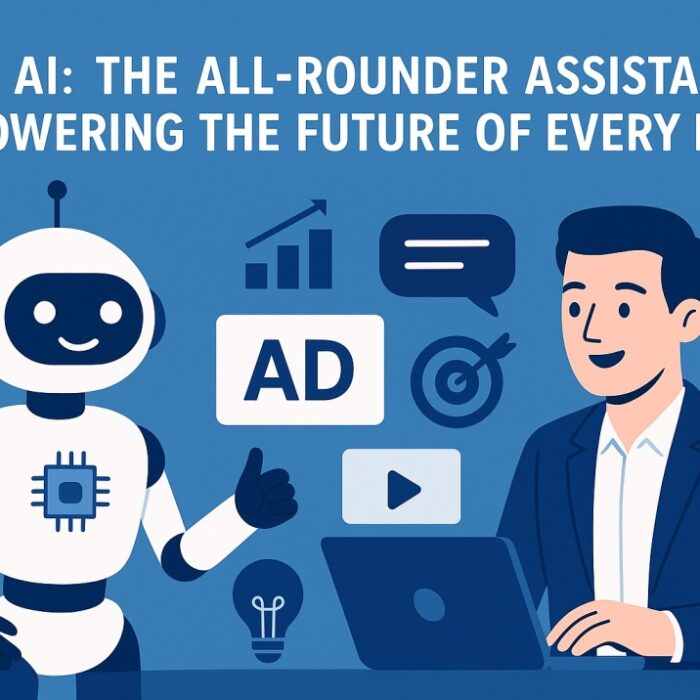In today’s rapidly advancing digital landscape, artificial intelligence (AI) has become an integral part of how we interact with technology. One of the most powerful applications of AI is in the development of AI agents, autonomous systems that can perform tasks and make decisions with minimal human intervention. These intelligent agents are transforming industries, enhancing operational efficiency, and enabling new possibilities that were once the realm of science fiction. From customer service automation to complex data analysis, they are driving innovation and reshaping how businesses operate.
What are AI Agents?
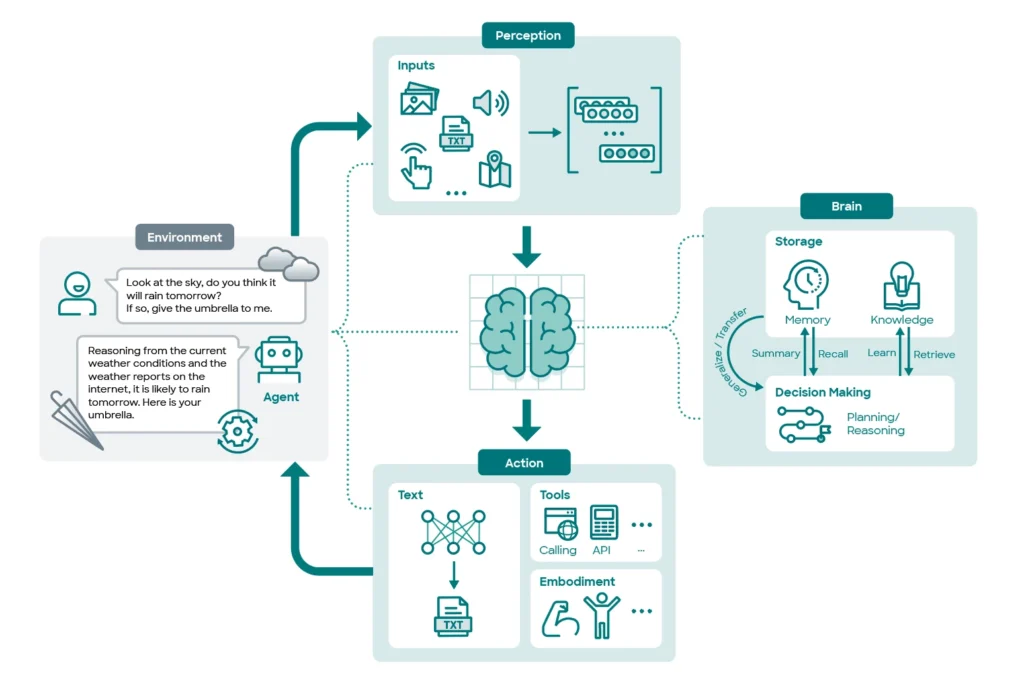
AI agents, also known as intelligent agents or software agents, are systems powered by AI technologies designed to autonomously perform tasks, solve problems, and make decisions based on real-time data and predefined algorithms. Unlike traditional software, which requires explicit instructions for every action, they can analyze data, learn from experiences, and adjust their behavior accordingly. This allows them to carry out a wide range of functions, from simple tasks like sorting emails to more complex ones like managing customer interactions or performing in-depth data analytics.
The Role of AI Agents in Business
The role of AI agents in business has grown exponentially, providing a significant competitive advantage. Here’s how they are impacting key sectors:
1. Customer Support and Service Automation
AI agents are revolutionizing the customer support industry by enabling chatbots and virtual assistants to handle customer queries autonomously. These agents are capable of managing customer interactions across various channels, such as live chat, social media, and email, and they can resolve common issues without human intervention.
This leads to:
- Reduced operational costs: With them managing routine inquiries, human agents can focus on more complex tasks.
- 24/7 support: They never need a break, ensuring that customers can receive assistance at any time of day, enhancing customer satisfaction.
For instance, businesses like Amazon use AI-powered customer service agents to manage vast amounts of inquiries, improving response times and overall efficiency.
2. Business Process Automation (BPA)
AI agents are an essential part of business process automation. They can perform repetitive tasks such as data entry, scheduling, and even complex decision-making processes. AI agents can also optimize workflows by analyzing patterns and suggesting improvements. This automation increases productivity by:
- Minimizing errors: AI agents follow algorithms precisely, ensuring accuracy.
- Freeing up human resources: By automating mundane tasks, employees can focus on strategic work that adds more value to the business.
Companies in industries such as finance and manufacturing use agents to automate processes like invoice management, inventory tracking, and predictive maintenance.
3. Data Analysis and Predictive Analytics
In the age of big data, AI agents are crucial in helping businesses sift through vast amounts of data to uncover insights. These agents use machine learning algorithms to identify patterns and trends in data, enabling businesses to make informed decisions. AI-powered data agents can predict consumer behavior, market trends, and potential business risks, which can significantly impact strategy development.
This is especially important for:
- Personalized marketing: AI agents analyze customer behavior to deliver tailored marketing messages and offers.
- Risk management: In sectors like banking, they predict credit risks, fraud, and market volatility, improving decision-making processes.
4. Enhanced Decision-Making Capabilities
One of the most profound effects agents have is their ability to assist in decision-making. By processing and analyzing data far quicker and more accurately than humans, these agents can support decision-makers by providing real-time insights and recommendations. This can help businesses to:
- Optimize resource allocation: AI agents analyze historical data to forecast future demand and suggest where resources should be allocated for maximum ROI.
- Reduce biases: Because AI agents rely on data rather than human intuition, their decisions are often more objective.
AI agents have become essential in sectors like healthcare, where they assist doctors in diagnosing diseases and suggesting treatment plans based on medical data.
5. Personalized Customer Experiences
Personalization is one of the cornerstones of modern marketing, and AI agents are at the forefront of delivering these tailored experiences. AI-powered systems track customer behaviors and interactions, allowing businesses to create highly personalized recommendations and marketing messages. Whether it’s Netflix suggesting your next favorite show or Amazon recommending products based on your previous purchases, AI agents are creating personalized experiences that build brand loyalty and increase sales.
The Benefits of AI Agents
The integration of AI agents into various business processes offers several notable benefits:
1. Cost Reduction
By automating tasks and improving efficiency, they reduce the need for human intervention in routine tasks, leading to significant cost savings. Moreover, they help in streamlining operations, reducing errors, and improving the speed of service delivery, all contributing to the bottom line.
2. Scalability
They can easily scale across different functions within a business. Whether it’s scaling customer support to handle an influx of customer queries or scaling a supply chain management system, AI agents can handle increasing workloads without the need for proportional increases in human resources.
3. Improved Efficiency
They work faster than humans and are available 24/7, making them highly efficient. By eliminating bottlenecks in workflow and automating decision-making processes, businesses can achieve higher throughput and reduce the time spent on manual tasks.
4. Innovation and Competitive Advantage
By leveraging AI agents, businesses can stay ahead of the competition. They help companies innovate by providing deeper insights, optimizing existing processes, and enabling them to respond faster to market changes.
Challenges and Ethical Considerations
While AI agents offer immense potential, their implementation raises several challenges, particularly in terms of ethics and data privacy. As they become more integrated into daily business operations, businesses must ensure they are transparent in their use of AI and adhere to regulations such as the GDPR.
Moreover, as AI agents become more autonomous, there is a growing concern about job displacement. Businesses need to ensure that AI adoption does not lead to significant job losses and that workers are retrained to perform higher-value tasks.
The Future of AI Agents
Looking ahead, the role of AI agents is expected to grow even further. Advancements in natural language processing (NLP), machine learning, and deep learning will make AI agents even more intelligent, capable of performing more complex tasks with even less human oversight.
In the future, they may become fully autonomous systems, capable of managing entire business operations, from strategy formulation to execution. Their ability to learn and adapt to changing conditions will make them indispensable in industries such as finance, healthcare, manufacturing, and retail.
Conclusion
AI agents are not just a trend—they are a fundamental shift in how businesses operate. By automating tasks, enhancing decision-making, and providing personalized experiences, they are empowering organizations to operate smarter, faster, and more efficiently. As AI technology continues to evolve, we can only expect these intelligent systems to become even more integrated into the fabric of business, driving innovation and helping companies stay competitive in an increasingly data-driven world.





